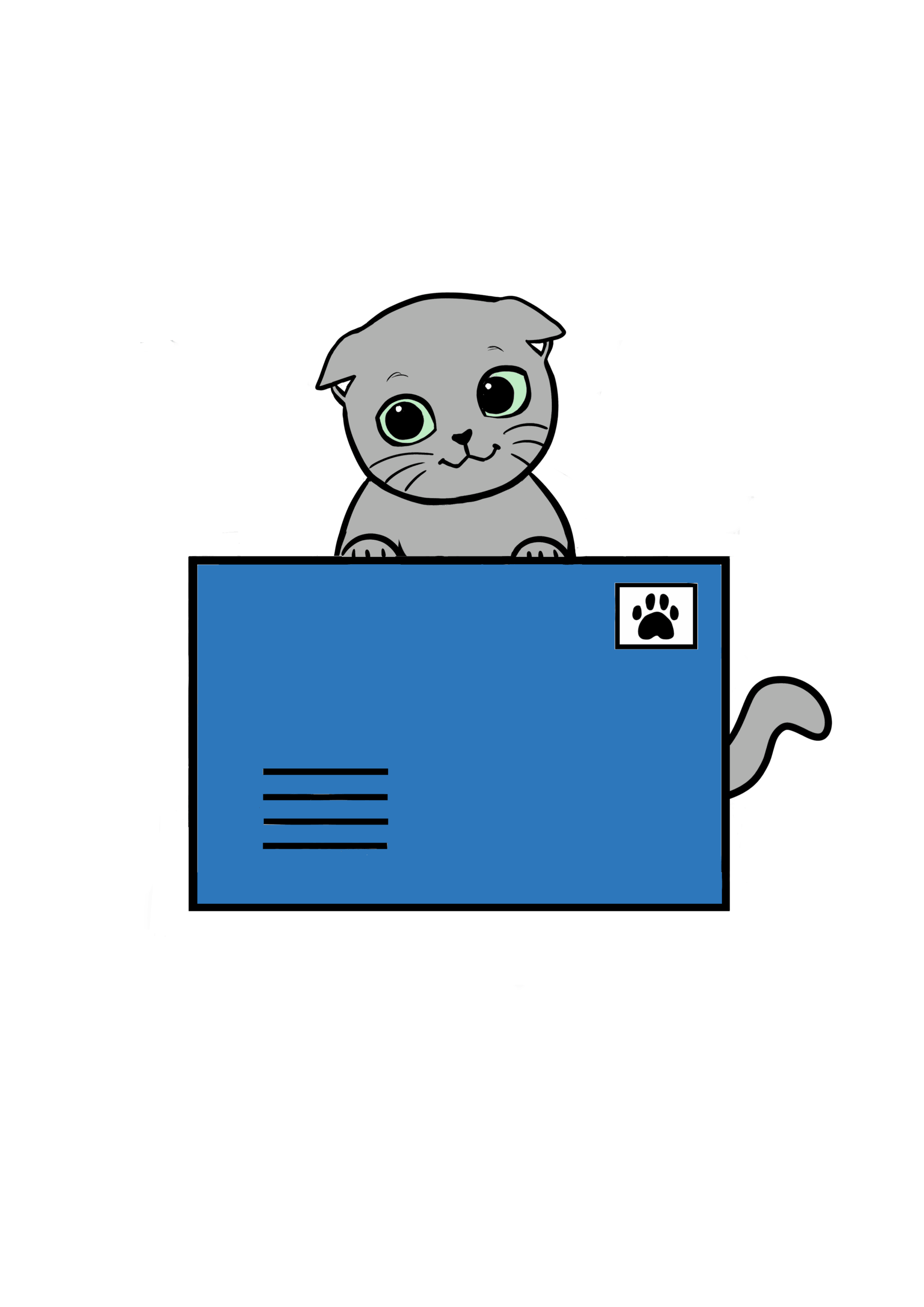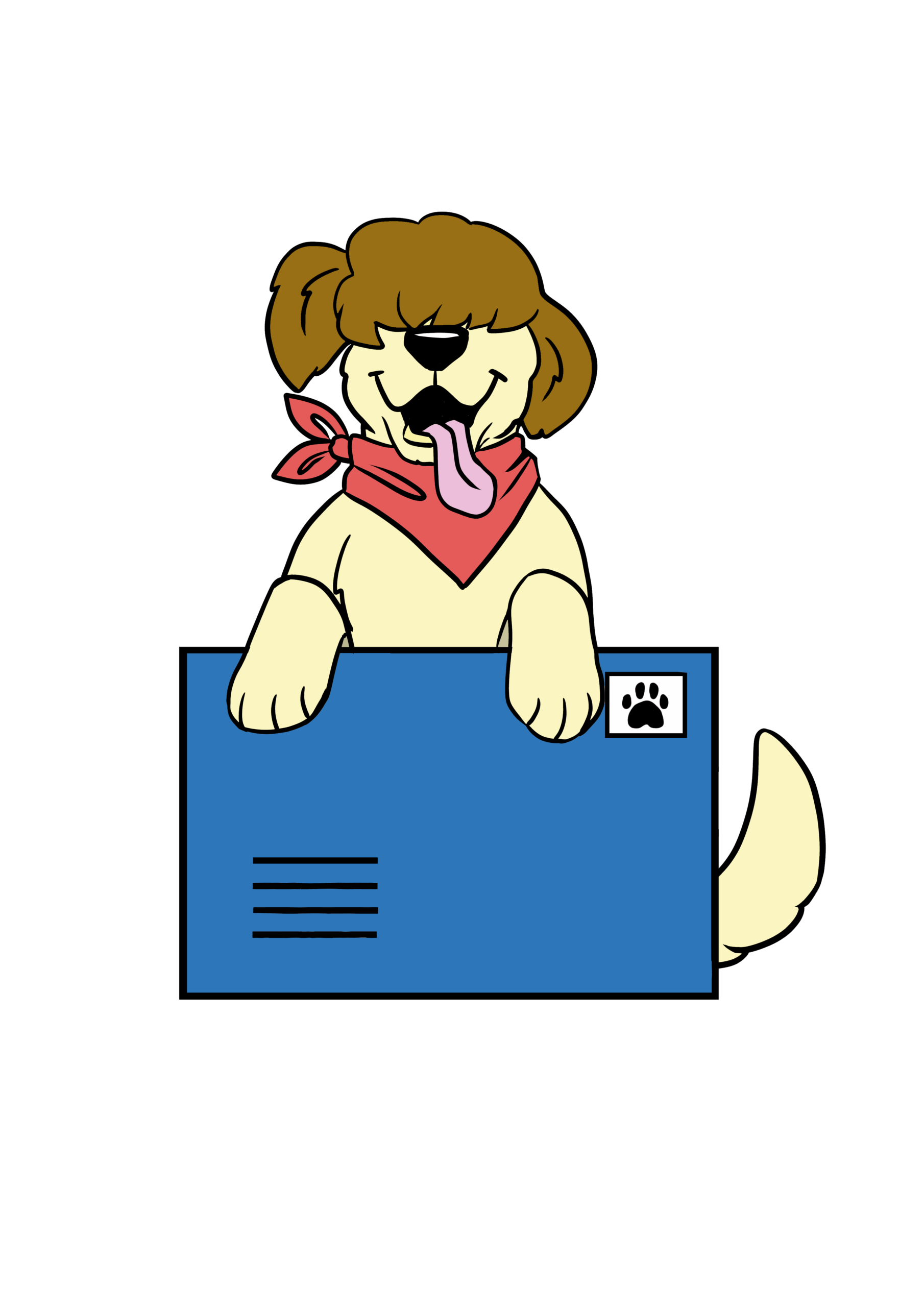How to Treat Diarrhea in Cats and When to Call the Vet
Every cat owner knows the sinking feeling of finding that unpleasant surprise in the litter box — loose or watery stool. While occasional digestive upset isn’t always serious, diarrhea in cats can quickly become a sign of deeper issues. Therefore, it is important to understand how to treat diarrhea in cats.
If your cat suddenly has diarrhea, don’t panic. The goal is to understand the cause, offer safe relief at home, and know when professional help is needed.
In this guide, we’ll explain how to treat diarrhea in cats effectively. We will also discuss why having a reliable pet plan can make these situations far less stressful.
Understanding Cat Diarrhea – Why It Happens
Diarrhea in cats can occur for many reasons, ranging from something simple like a diet change to more serious health conditions. Identifying the cause helps you decide whether home treatment is enough or if your cat needs veterinary care.
Common Causes of Cat Diarrhea:
- Dietary changes: Sudden shifts in food brands or ingredients can upset the stomach.
- Food intolerance or allergies: Ingredients like dairy or certain proteins can trigger a reaction.
- Parasites: Worms, giardia, and other parasites can cause chronic issues.
- Infections: Bacterial or viral infections often lead to watery stools.
- Stress: Cats are sensitive; moving or new pets can cause digestive distress.
- Toxins: Consuming spoiled food or certain plants can irritate the system.
- Underlying diseases: Conditions like hyperthyroidism or IBD (inflammatory bowel disease).
Because cats hide pain and discomfort well, recurring diarrhea can often signal an issue that shouldn’t be ignored.
When Is Cat Diarrhea Serious?
Mild diarrhea that lasts less than 24 hours may resolve on its own. However, some signs suggest the problem is more serious and requires immediate veterinary attention.
Warning Signs to Watch For:
- Diarrhea lasting longer than 48 hours.
- Blood or mucus in the stool.
- Vomiting or a total refusal to eat.
- Signs of dehydration, such as dry gums, sunken eyes, or lethargy.
- Sudden weight loss or a dull coat.
If you notice any of these symptoms, contact your vet immediately. In fact, cats can become dangerously dehydrated very quickly, especially kittens and senior cats.
Safe At-Home Remedies for Mild Cat Diarrhea
If your cat’s diarrhea is mild and there are no serious symptoms, there are a few things you can do at home to help soothe their digestive system.
- Give Their Stomach a Rest: Withhold food for 10–12 hours (but never water) to let the system reset. Afterward, reintroduce small portions of bland food.
- Keep Them Hydrated: Diarrhea causes fluid loss. Encourage drinking by providing fresh water; furthermore, a bit of tuna water (in spring water) can help increase hydration.
- Feed a Bland Diet: For 24–48 hours, offer boiled chicken or plain pumpkin puree to help firm stools.
- Try Probiotics: Pet-safe probiotics restore healthy gut bacteria and can help prevent future episodes.
- Monitor the Litter Box: Regular cleaning helps you track consistency and notice improvement faster.
What Your Vet May Recommend
When diarrhea persists, your vet will likely run tests to find the cause. For example, they may perform a stool analysis to detect parasites or bloodwork to rule out metabolic causes. Additionally, X-rays or ultrasounds can check for intestinal inflammation.
How Pet Insurance Can Help When Your Cat Gets Sick
Even when you’re careful, illnesses like diarrhea can strike suddenly. Consequently, pet insurance ensures that your cat receives proper treatment without causing financial stress.
Why Coverage Matters:
- It covers vet consultations, lab tests, and hospitalization.
- It provides financial protection for both emergency and ongoing treatments.
- It gives you peace of mind so you can focus on recovery, not the bill.
A short bout of diarrhea can sometimes turn into a costly vet visit if dehydration develops. That is why having a dedicated care plan is a smart move for responsible owners.
Comprehensive Protection for Your Cat
A quality health plan is designed with cat owners in mind, combining affordability with comprehensive coverage for everyday health concerns.
Plan Highlights:
- Covers accidents, illnesses, and medical conditions like digestive disorders.
- Features a fast and easy claims process.
- Offers customizable levels of coverage to suit your cat’s specific needs.
- Is accepted at veterinary clinics across Australia.
Moreover, pairing good preventive care with an insurance plan ensures that even if something unexpected happens, you’re financially and emotionally prepared.
Preventing Diarrhea and Digestive Issues in Cats
Prevention is the best medicine. You can reduce the risk of digestive upsets by building healthy routines:
- Introduce food changes slowly: Mix new food with old over 5–7 days.
- Avoid human snacks: Most cats are lactose intolerant and shouldn’t have milk or table scraps.
- Maintain deworming: Parasites are a leading cause of chronic issues.
- Keep stress low: Provide quiet spaces and consistent daily routines.
Final Thoughts – Stay Prepared, Stay Protected
Dealing with diarrhea in cats can be stressful, but understanding the cause and taking quick action makes all the difference. In conclusion, most cases improve with simple home remedies, but some require professional care. Having a reliable insurance plan ensures your furry friend can get the care they need without financial strain.





